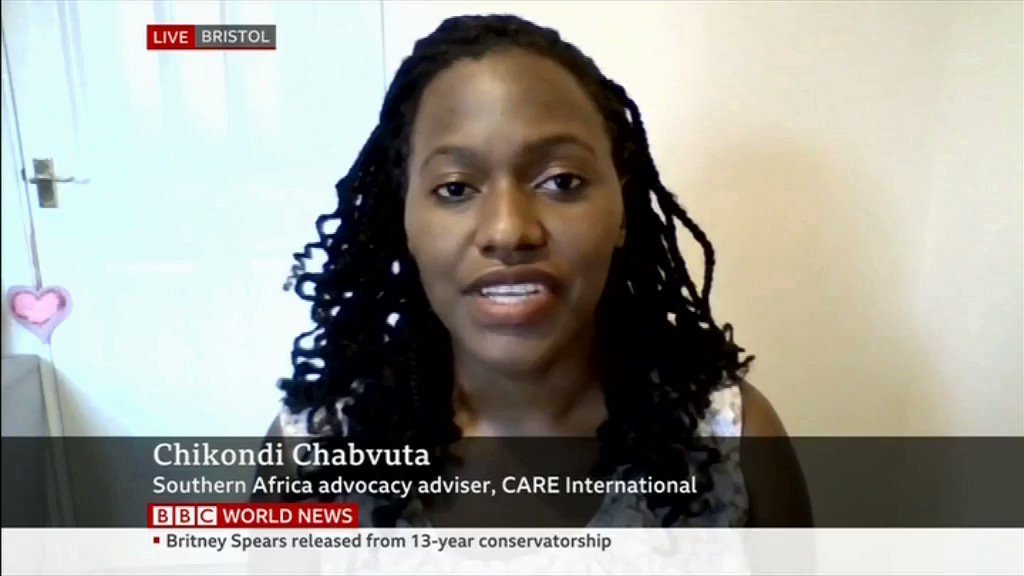This flagship report by 270 leading climate scientists warns loss and damage is already happening and is set to grow much worse.
In this new report, the IPCC noted that 3.3 billion to 3.6 billion people - or more than one in four globally - already live in places that are "highly vulnerable to climate change". As impacts strengthen - from coastline-threatening sea level rise to more damaging floods - "risks are becoming increasingly complex and more difficult to manage", it said, with worsening drought and heat, for instance, fuelling wildfire risk. Multiple climate hazards will increasingly happen at the same time, with other risks like conflict or epidemics interacting with them and compounding overall threats, the scientists warned.
Climate-driven losses - from devastating floods in Germany to a string of tropical storms hitting southeast Africa - are becoming harder to ignore or dismiss.
"We are moving from one disaster to the next. The increase in the number and intensity ofcyclones "is making life as we know it very unpredictable. In Malawi, schools in hard-hit regions have suspended classes as they instead accommodate displaced families, she said, and the government is struggling to find funds to meet rising demands for help." Chikondi Chabvuta, who works for CARE Malawi.Madagascar, hit by the same storms - Emnati, Dumako, Batsirai and Ana - just since January, has seen the rice crop it was about to harvest wrecked, as well as key cash crops such as cloves, coffee and pepper, the World Food Programme reported. "In a country where the majority of people make a living from agriculture, an estimated 90% of crops could be destroyed in some areas," hiking hunger in the impoverished nation where many barely get by even in normal times, the U.N. agency said.
Somalia now finds itself in a third consecutive drought season, with the number of people requiring emergency assistance soaring from 5.9 million last year to 7.7 million this year, even as appeals for funding go largely unanswered.
Resources
- Read the report here
- Summary for Policymakers (approved version)
- Headline Statements
- Technical Summary
- Full Report
- Frequently Asked Questions
- Fact sheets
- Global to Regional Atlas
- Press conference presentation in high resolution and low resolution
Recordings
- Recording of the press conference
- Video message by António Guterres, Secretary-General of the United Nations (Text file)
- Remarks by Hoesung Lee, IPCC Chair (~2′)
- Remarks by Petteri Taalas, WMO Secretary-General (~2′)
- Remarks by Inger Andersen, Executive Director of UN Environment Programme (~2′)
Backing nature is the best way to adapt to, and slow, climate change – while providing jobs and boosting economies. We must start dedicating serious thought and funding to transformational adaptation programmes with nature at their heart. Humanity has spent centuries treating nature like its worst enemy. The truth is that nature can be our saviour – but only if we save it first. - Presentation of the approved Summary for Policymakers by IPCC Working Group II Co-Chairs Debra Roberts and Hans Otto-Pörtner. (~20′)



No comments:
Post a Comment